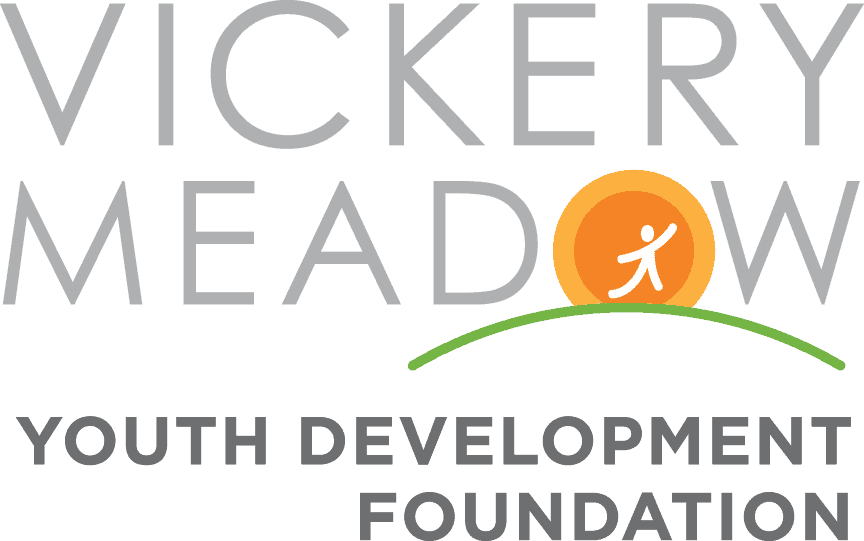Introduction to Youth Development Foundations
Hey there, awesome parents! ? Are you ready to embark on the incredible journey of raising well-rounded, happy, and healthy youngsters? Well, buckle up because we’re about to dive headfirst into the fascinating world of youth development foundations! It’s our mission to empower our kids to reach their full potential, and it all starts with understanding the developmental building blocks that guide them through their journey to adulthood.
What Are Youth Development Foundations?
Youth development isn’t just about helping kids survive; it’s about ensuring they thrive! It encompasses a comprehensive approach to nurturing the physical, emotional, social, and cognitive growth of children and adolescents. These developmental foundations are like the roots of a tree, providing the necessary support system for our kids to grow up strong and resilient.
The Pillars of Youth Development
Let’s explore the core pillars that make up the solid base of youth development:
- Physical Health and Safety: Ensuring children have a safe environment, proper nutrition, and plenty of exercise.
- Emotional and Psychological Well-being: Fostering self-esteem, resilience, and stress management skills.
- Cognitive Skills: Encouraging learning, problem-solving, and decision-making abilities.
- Social Connections: Building strong, positive relationships with family, friends, and the community.
- Moral and Ethical Growth: Instilling values, ethics, and a sense of social responsibility.
Why Focus on Youth Development Foundations?
Understanding and integrating these pillars into your parenting strategy is crucial because they are interconnected. Each one impacts how a child perceives and interacts with the world around them. By focusing on these foundations, we’re not just preparing our kids for success now—we’re setting them up for lifelong success.
Physical Health and Safety: The First Step to a Thriving Youth
Before our kids can conquer the world, they need to be physically healthy and feel safe. This includes everything from a nutritious diet to regular health check-ups, and a secure living environment. But fear not, friends! It’s not about being perfect, it’s about being proactive and making the best choices you can for your kiddos.
Physical activities are a major boon, too! Encourage your children to engage in sports, dance, or just playful romping around. Active play not only promotes good health but also develops motor skills and teamwork. And remember, safety is paramount, so always keep an eye on their surroundings!
A Nurturing Home: The Heart of Emotional and Psychological Well-being
Now, let’s talk feelings. A nurturing home environment is the cornerstone of a child’s emotional and psychological well-being. It’s important to communicate openly, listen actively, and validate their emotions. This creates a safe space for them to express themselves and develop the self-confidence that’ll carry them through life.
And here’s a little secret: resilience is magical! Teach your little one to bounce back from setbacks by modeling positive coping strategies and providing gentle guidance when challenges arise. By doing so, you’re equipping them with a tool kit of emotional resilience they’ll use forever.
Sharpening Cognitive Skills: The Blueprint for Intellectual Growth
Have you ever watched in wonder as your child solves a puzzle or asks deep, thought-provoking questions? That’s cognitive development in action! Cognitive skills encompass learning, attention, memory, logic, reasoning, and creativity. To foster this, you’ve got to get creative, too! Provide a range of stimulating activities that challenge their brain in fun and engaging ways.
Whether it’s reading together, exploring nature, engaging in arts and crafts, doing science experiments, or playing strategy games, it’s all about nurturing that bright spark of curiosity and intellect within your child.
Remember, parents, laying the youth development foundations is like crafting a masterpiece. It takes time, patience, and heaps of love. Stay tuned as we delve deeper into social connections and the critical role they play in your child’s growth. Because, after all, it’s not just the roots that matter, but the beautiful tree they’ll become. Keep shining, keep smiling, and keep building those foundations for a happier, healthier future for your kids!

5 Things Every Parent Should Know in Preparing for Youth Development Foundations
As you embark on this journey, here are five golden nuggets of wisdom that will help you prepare for and enrich the youth development process:
1. Consistency is Key in Establishing Routines
Routines create a sense of security and predictability for children and young people. Establish consistent daily habits that contribute to healthy living, such as regular meal times, a bedtime routine, and dedicated slots for homework and physical activity. This structure supports a child’s ability to self-regulate and reduces anxiety about the unknown.
2. Encourage Independence
Even though it might be quicker or easier to do things for our kids, allowing them to take charge of certain tasks fosters independence and self-confidence. This can be as simple as picking out their clothes, helping with household chores, or making decisions on how to spend their free time. Independence cultivates critical thinking and problem-solving skills that will serve them well in adulthood.
3. Active Listening Promotes Emotional Intelligence
Active listening is a powerful tool in parenting. It involves giving your full attention, acknowledging feelings, and reflecting on what they’re saying without immediately jumping to solutions or judgments. This approach helps children feel heard and understood, which in turn nurtures their emotional intelligence and communication skills.
4. Balance Freedom with Boundaries
While it’s important to give kids room to explore and test their limits, clear boundaries provide a necessary framework within which they can safely operate. Discuss your expectations and the reasons behind the rules you set. When children understand the ‘why’ behind the ‘what’, they’re more likely to follow guidelines and develop self-discipline.
5. Model Positive Behaviors
Children learn a great deal from observing the adults in their lives. Show them the behaviors you value by embodying them yourself. Demonstrating kindness, patience, resilience, and a love for learning encourages them to adopt these traits. Additionally, acknowledge your own mistakes and model constructive ways to handle failure and disappointment.
It’s vital to keep in mind that youth development is not a one-size-fits-all process. Every child is unique, and what works for one may not work for another. Stay flexible, be willing to adapt your approach, and enjoy the process of discovering who your child is becoming. Armed with these five cornerstones, you’re well on your way to providing a solid foundation for your child’s future success and well-being.
Conclusion
The journey of youth development is ongoing and ever-evolving. By embracing these foundations and integrating them into your parenting philosophy, your positive impact will shine through your children. It’s a privilege to guide and support them as they unlock their potential and navigate their path to adulthood. Let’s continue to nurture their minds, bodies, and spirits, celebrating every moment of growth along the way!
See more great Things to Do with Kids in New Zealand here. For more information see here
Disclaimer
The articles available via our website provide general information only and we strongly urge readers to exercise caution and conduct their own thorough research and fact-checking. The information presented should not be taken as absolute truth, and, to the maximum extent permitted by law, we will not be held liable for any inaccuracies or errors in the content. It is essential for individuals to independently verify and validate the information before making any decisions or taking any actions based on the articles.




